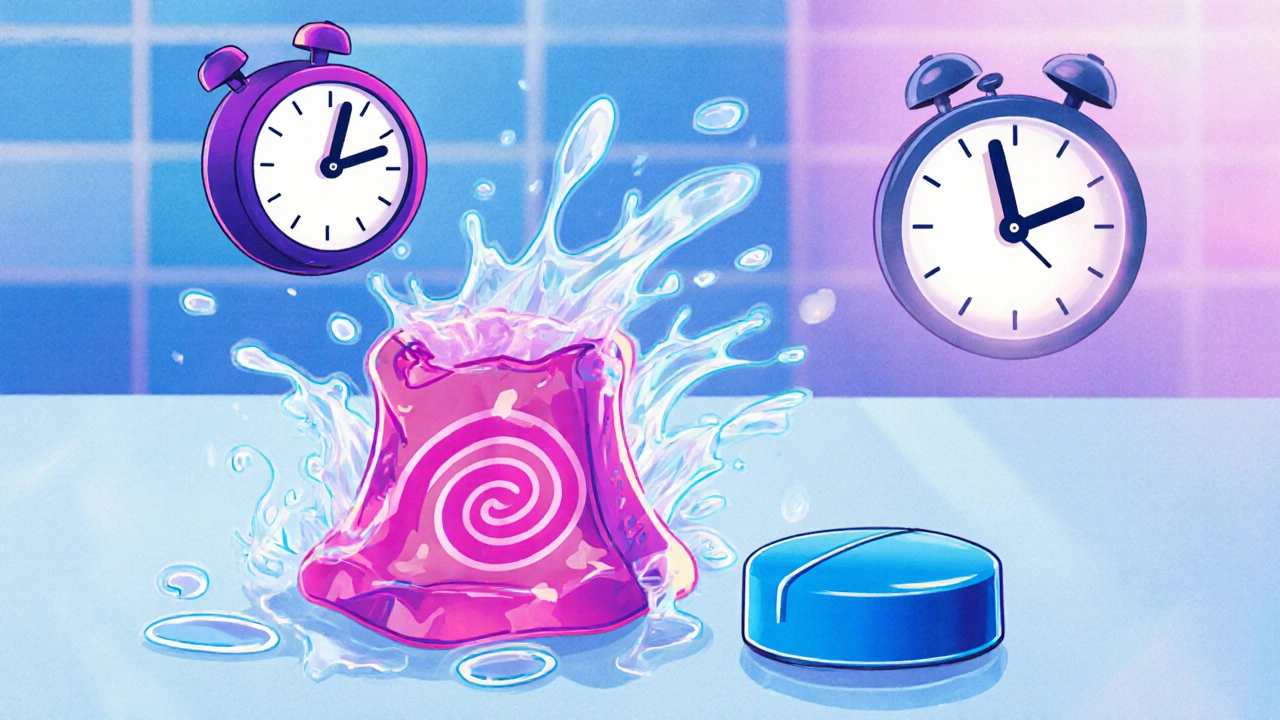Erectile Dysfunction: What It Is, Why It Happens, and How to Fix It
If you’ve ever struggled to get or keep an erection, you’re not alone. Erectile dysfunction (ED) affects millions of men worldwide, and it’s nothing to be embarrassed about. The good news? Most cases have clear reasons and effective solutions. Below you’ll find a straight‑forward guide that covers the basics, the biggest triggers, and what you can do right now to improve your performance.
Common Causes of Erectile Dysfunction
ED isn’t a single disease; it’s a symptom that can stem from many sources. The most frequent culprits fall into three groups:
- Physical factors: Diabetes, high blood pressure, high cholesterol, and heart disease damage the blood vessels that supply the penis. Even smoking narrows those vessels, making it harder for blood to flow.
- Hormonal issues: Low testosterone or thyroid problems can lower libido and affect erection quality.
- Psyche and lifestyle: Stress, anxiety, depression, and poor sleep all mess with the brain’s signals to the body. Heavy alcohol use, a sedentary lifestyle, and a bad diet also play a part.
Sometimes medications—like certain antidepressants or blood pressure pills—can have side effects that trigger ED. If you’ve started a new drug and notice changes, talk to your doctor about alternatives.
What You Can Do About It
Fixing ED usually means tackling the root cause. Here are practical steps you can start today:
- Move more: Aim for at least 30 minutes of moderate exercise most days. Walking, cycling, or light jogging improves circulation and boosts hormone levels.
- Eat right: Choose a heart‑healthy diet—lots of veggies, whole grains, lean protein, and healthy fats. Cutting back on processed foods and sugary drinks helps keep blood pressure and weight in check.
- Quit smoking and limit alcohol: Both damage blood vessels. Even reducing intake can make a noticeable difference.
- Sleep enough: 7‑9 hours per night supports hormone balance and reduces stress.
- Manage stress: Try simple techniques like deep breathing, meditation, or short breaks during the day. Talking with a therapist can also help if anxiety or depression are major factors.
- Check your meds: Review any prescription or over‑the‑counter drugs with your doctor. There may be an alternative that doesn’t affect sexual function.
- Consider medical options: If lifestyle changes aren’t enough, doctor‑prescribed treatments like PDE5 inhibitors (Viagra, Cialis) are safe for most men. For more complex cases, hormonal therapy or devices may be recommended.
Remember, the best approach is personalized. A quick visit to your primary care physician can rule out serious health issues and point you toward the right treatment plan.
Bottom line: erectile dysfunction is a common, treatable problem. By looking at your overall health—diet, exercise, sleep, and stress—you’ll often see improvement fast. If you need extra help, medical options are available and usually work well. Take the first step today, talk to a professional, and get back to feeling confident in the bedroom.
Kamagra Oral Jelly vs Other ED Meds: Full Comparison Guide
A detailed comparison of Kamagra Oral Jelly with Viagra, Cialis, Levitra, Stendra, generic tablets and natural supplements, covering speed, cost, safety and legal status.
Silvitra: Uses, Dosage, Effects, and Risks Explained for Australians
Everything you need to know about Silvitra in Australia—from how it works, to side effects, best usage tips, and what to watch out for. A no-nonsense guide.


